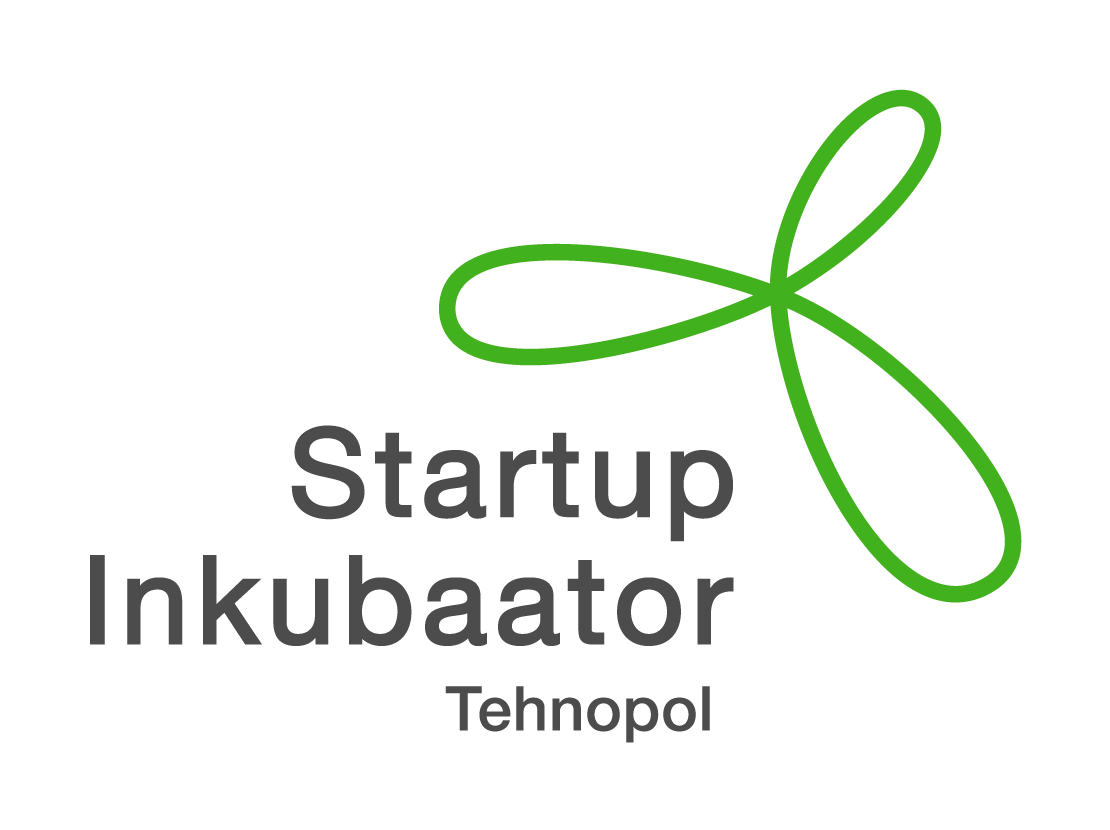Attorney-at-law Timo Kullerkupp: startup activities must be organized like a well-cleaned housekeeping

In May, the startups from the Tehnopol Startup Incubator participated in the workshop on legal issues, presented by the lawyers from the law firm RASK. After the workshop, we talked with one of the attorney-at-laws at RASK, Timo Kullerkupp, about some important legal issues that every startup needs to know. Read the interview with Timo below.
Timo is a partner at the law firm RASK and the head of technology and financing. He is a recognized advisor to several international technology companies (Cleveron, Ridango, Net Group, etc.) and has also practiced as a consultant in the startup sector for almost 10 years. Timo is no stranger to the startup world at all – he is a contractual legal partner for Tehnopol Startup Incubator and has also contributed as a mentor to several other accelerators (Startup Wise Guys, Salto Growth Camp, etc.). He has also assisted as an official legal advisor in various major startup events (eg The Global Hack). We asked Timo what are the basics that every startup established in Estonia could and should know.
What should every startup founder know when starting their own business? How do the needs of the startups differ from the needs of the scale-ups?
Experience shows that it is extremely important for a startup, both in terms of content and law, to focus on the service / product being developed and the formulation of the relationships between the founders. At this stage, it is essential to understand what will be established as the core value proposition of the startup and how the team intends to achieve this. It is necessary to define the roles, legal relations and understand the legal means by which the startup can defend itself. It is also very important to understand whether there are certain differences in your field of activity, additional legal regulations (both in terms of Estonia and target markets), which should definitely be taken into account.
Each startup founder should organize its activities in such a way that the company, regardless of the stage of development, is like a well-cleaned household. This is an extremely important foundation, which, in my experience, gives me insane extra strength for development and startup growth. Understandably, startups usually do not have the resources to keep everything in focus at once – but even more important is the ability to set the right priorities according to the growth phase. Attention must go to where it is most acute at the moment.
In the case of scale-ups, the focus shifts from the inside of the company to the outside and also becomes broader. It becomes important to regulate relations with customers, employees (options, etc.) and involved investors.
What are the 3 main legal topics that startups often ask?
It depends a lot on whether and what previous business background the founder has. In the case of Estonia, it is very exciting that startups are founded by young people as well as people with extensive life and business experience. The society is very diverse and, as a result, the range of questions asked is very wide.
The questions you hear more often, however, are mainly related to the relationship between the founders, the involvement of money and the first client. However, the most important thing for each topic is that there is a substantive reflection and a common understanding between the parties. There is a lot to talk about. However, I would also recommend the use of legal professionals when drafting agreements. Lawyers do not prescribe solutions, but they help to select the issues that need to be formulated and possible solutions to the problem areas arising from the specifics of the company, which legally hold and serve the set goals in the long run.
What are the 3 contracts that every startup needs to have? Why are they needed?
No startup can do without agreements related to the contribution of the founders and the regulation of their relations.
One of the three contracts is definitely the founders’ agreement. In the course of mutual negotiations, several key issues are defined – the roles of the parties, how to get out of the company, how to attract new partners and investors. The founders’ agreement is somewhat like a procedural card needed to achieve the company’s goals and success.
Another important type of contract is customer contracts. It is worth keeping the documents regulating the customer relationship as simple as possible when starting. The main focus is on protecting your product and developing it. It is not so important to receive a fee from the first customer as to provide feedback on the product / service, so the contract should not be long or complicated. The more flexible, the better and based on input rather than results.
The third important agreement is about raising money. Traditionally, it is a type of convertible loan that allows a startup to raise funds to finance its operations and gives the investor the right to acquire a stake in the company in the future against the transferred funds.
What are the strengths and bottlenecks of the Estonian legal framework for startups?
There has been some criticism from startup ecosystem about managing the associations and fundraising procedures. Procedures seem too complicated for investors, and often for startups. However, I personally would not be too critical of the current regulation. Much has been done in recent years to simplify the process, and so many new changes are already in the progress in the committees. At the same time, when comparing local legislation with the jurisdictions of other countries, the solutions of the Estonian digital state alone give us significant market advantages, which significantly simplify day-to-day administration.
In my opinion, the main problems today are rather the state’s message in determining the share of the startup sector in the local economy – rather, its absence and the traditional practice of the financial sector, which is related to overcomplicating the opening of foreign investors’ accounts.
However, one of the important issues that always tends to arise in the context of larger investments is the youth and little-knownness of Estonian jurisdiction. For larger amounts, investors will prefer regions where there are many transactions and where decades of case law add to the backbone of the current legal order. Estonia still has a lot of work to do in this regard. However, we hope that the relocation of headquarters will end at some point.
Have the legal needs somehow changed regarding of the crisis and how?
Not really for startups. What has become more important is the reopening of previous agreements, especially on issues related to funding, but also the main focus on commercial aspects and legal issues, although not much.
However, the issues that are clearly given too little attention in today’s situation are the aspects of data protection and security in a situation where work is done at home, in a park or who knows where else. These questions should be asked much more.
What are the chances for a startup to get legal aid, even though it is said that it is expensive and the financial possibilities for startups are limited?
In the case of legal aid, the myth is that the service is expensive. Not really. Especially considering the value that timely-asked and answered legal questions play in startup success stories. Many important and fundamental questions can be answered by an experienced specialist in 15 minutes. Fear of enormous costs is traditionally based on pure prejudice.
Incubators also do a lot of appreciative and educational work to help startups. The Tehnopol Startup Incubator has certainly been one of the pioneers and role models here, enabling startups to have easy access to high-quality legal services.
Startup Estonia, EstVCA, Enterprise Estonia and many others have also done a lot for the sector. A number of resource bases and tools have been created that are accessible to everyone. Although they are not always enough to obtain more complex solutions that take into account the specifics of the company, there is a lot of support, starting from the solutions created and universal tools.
Do you feel like also wanting to participate in Tehnopol Startup Incubator workshops and be part of this awesome startup community? Then apply for an incubator here.


